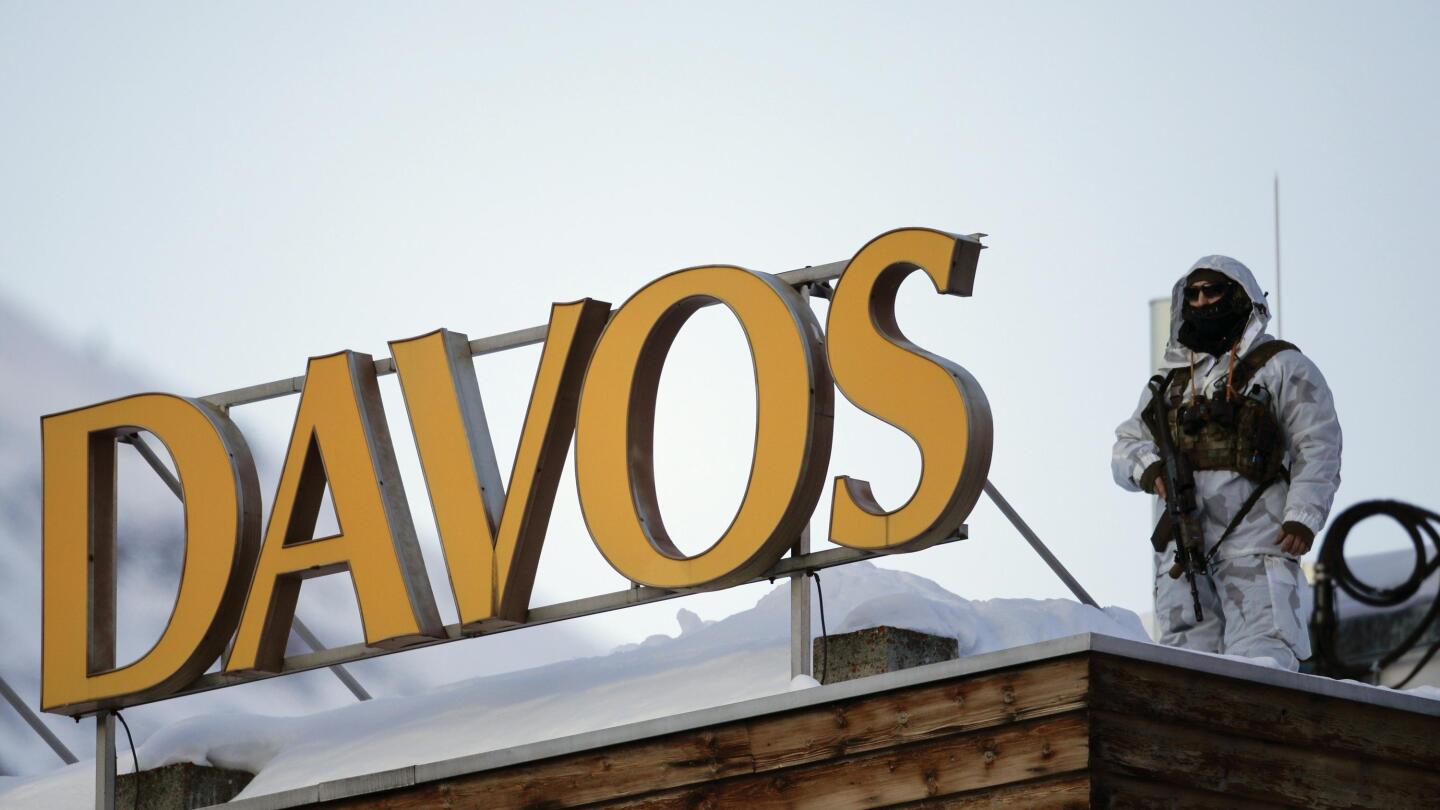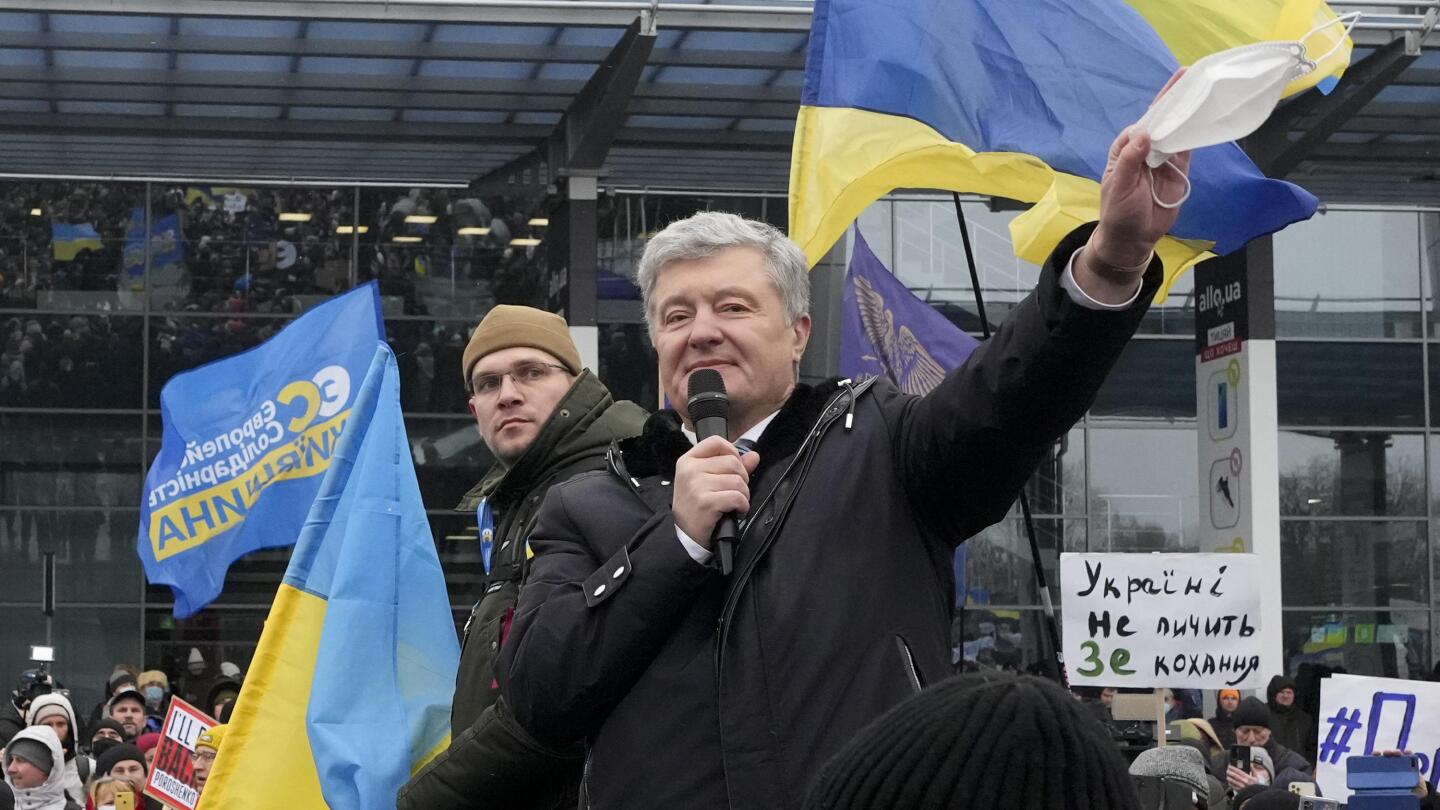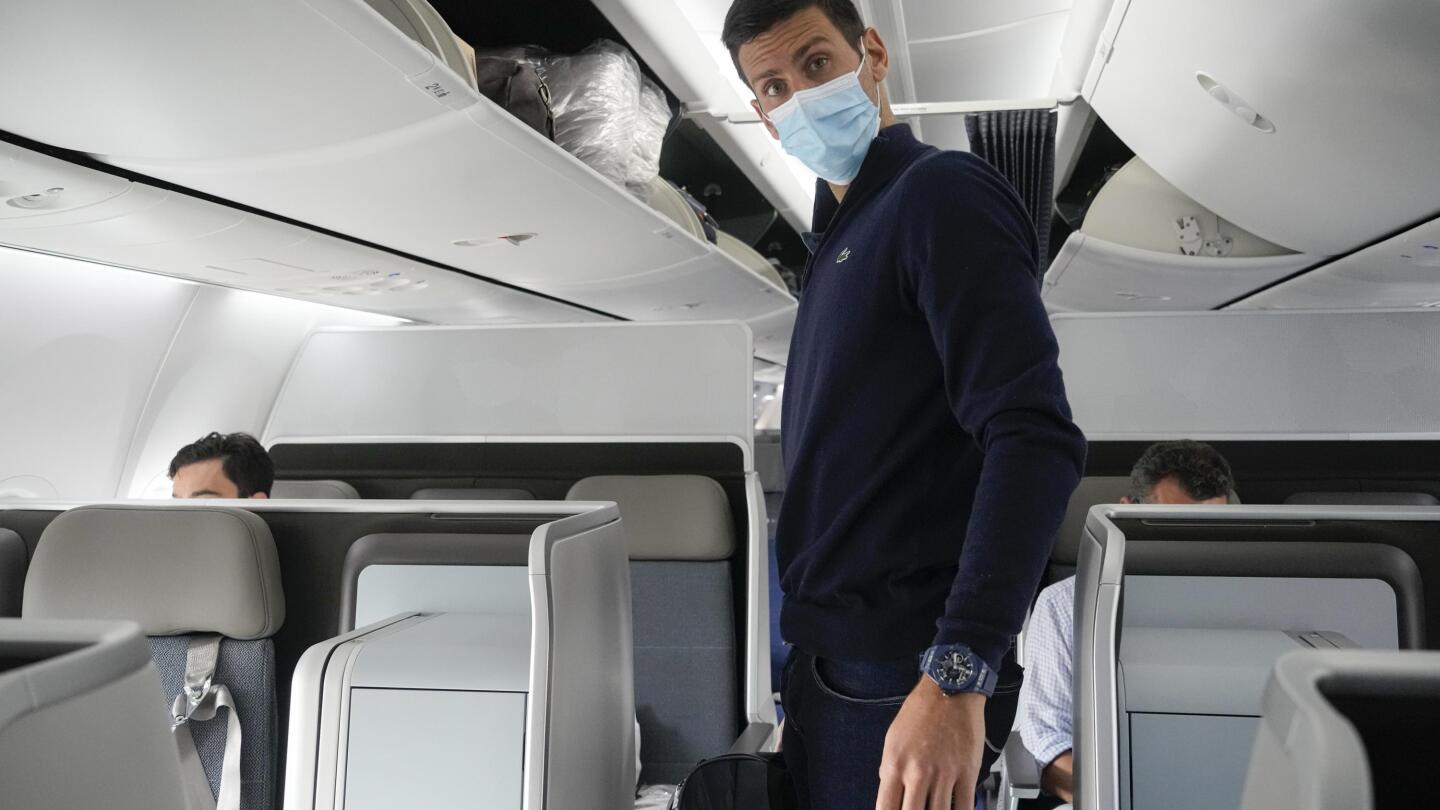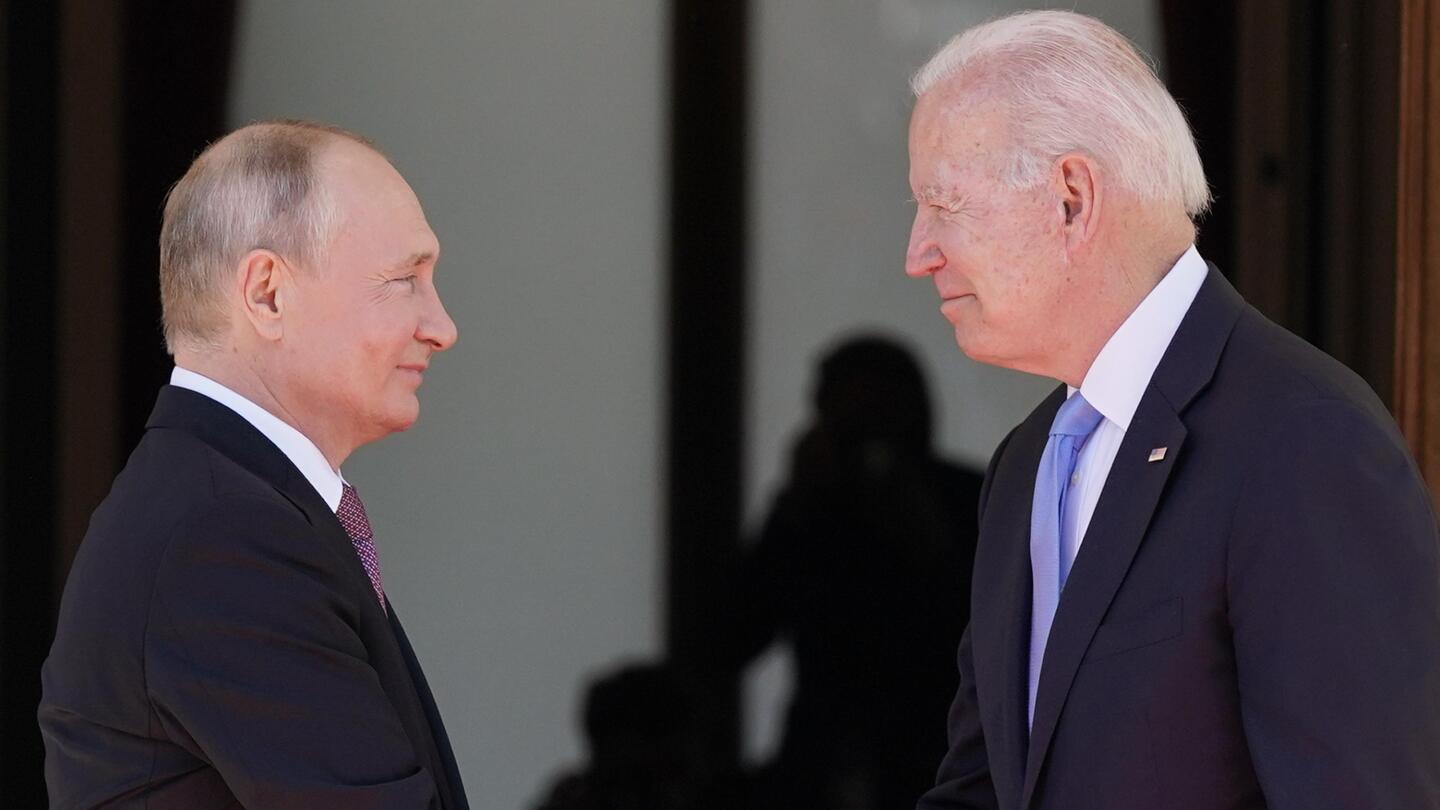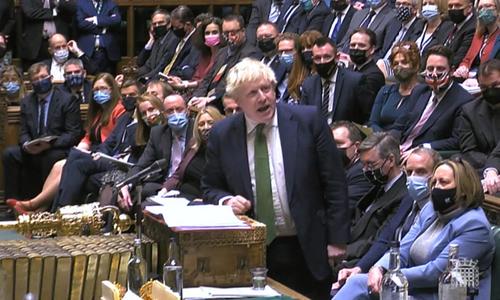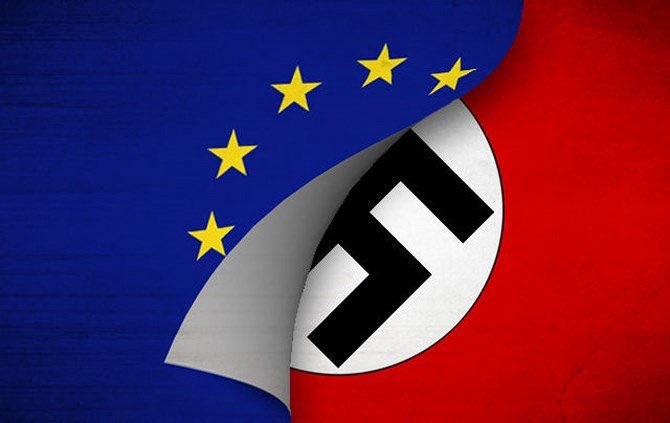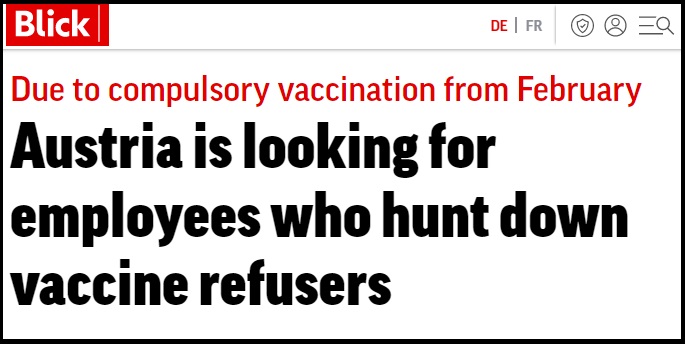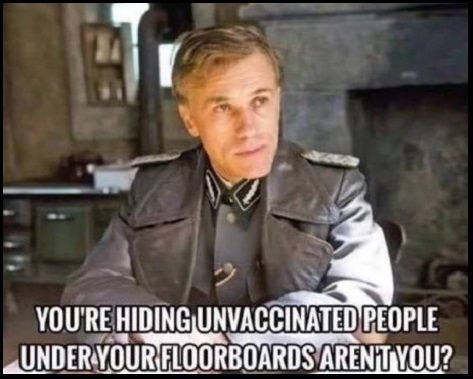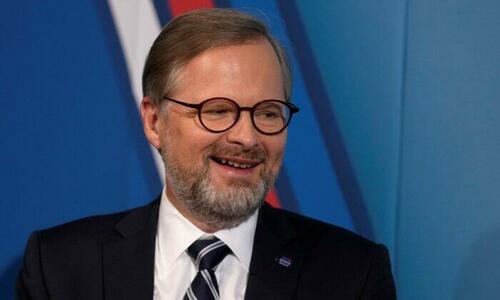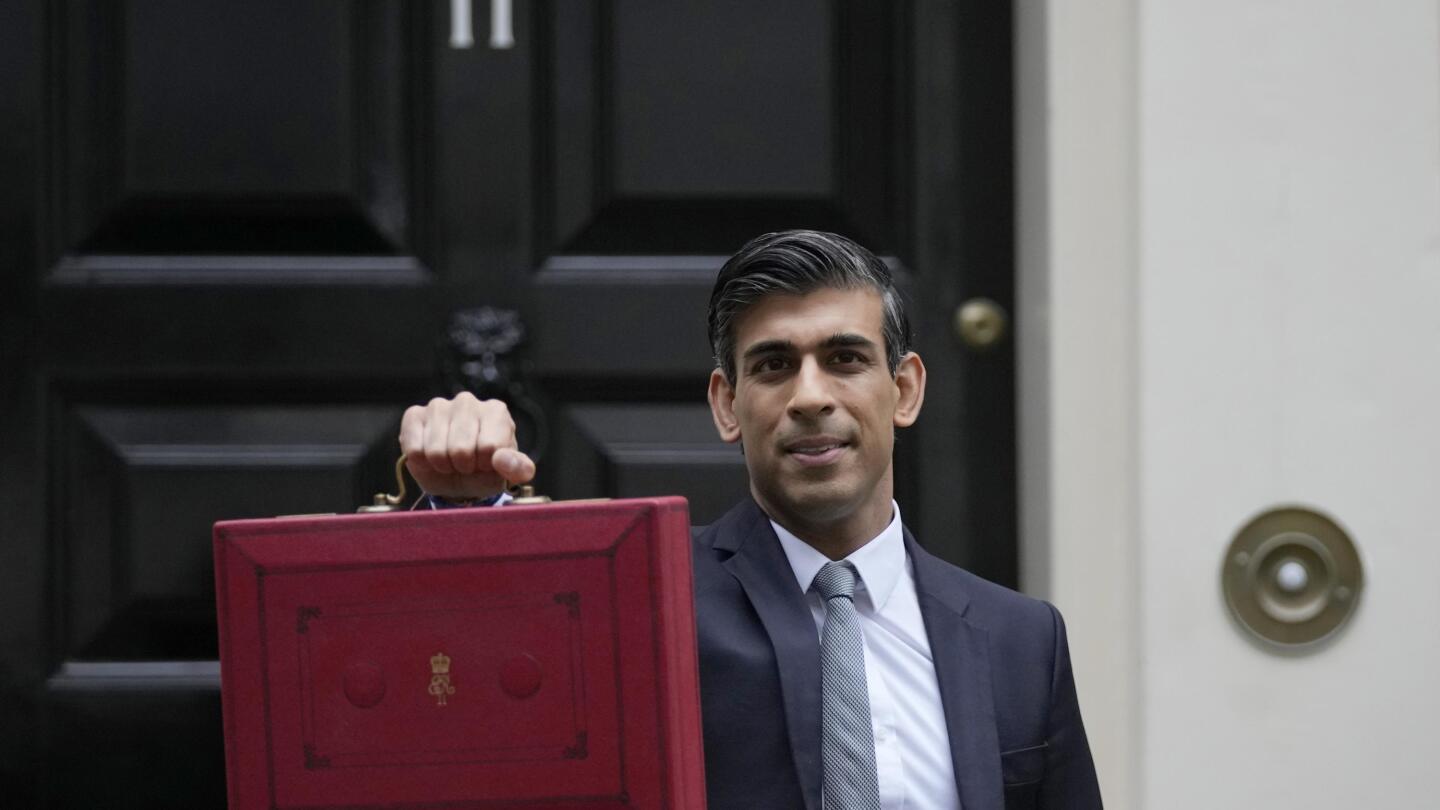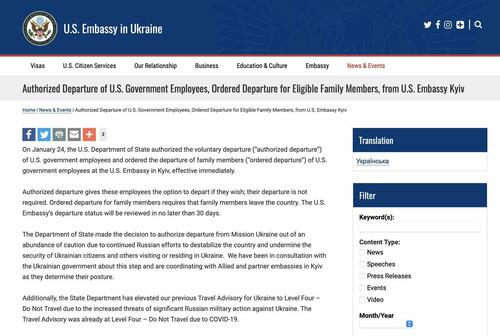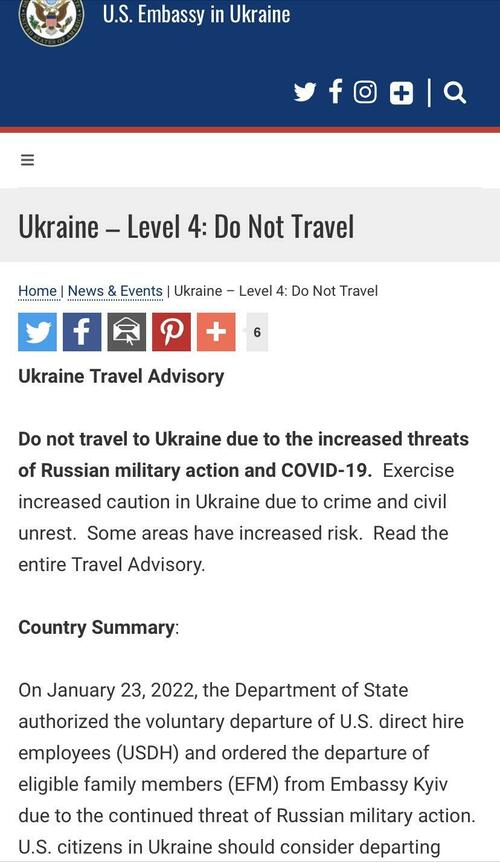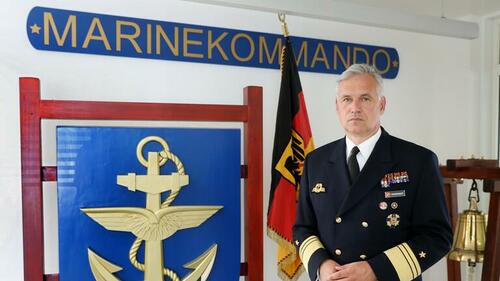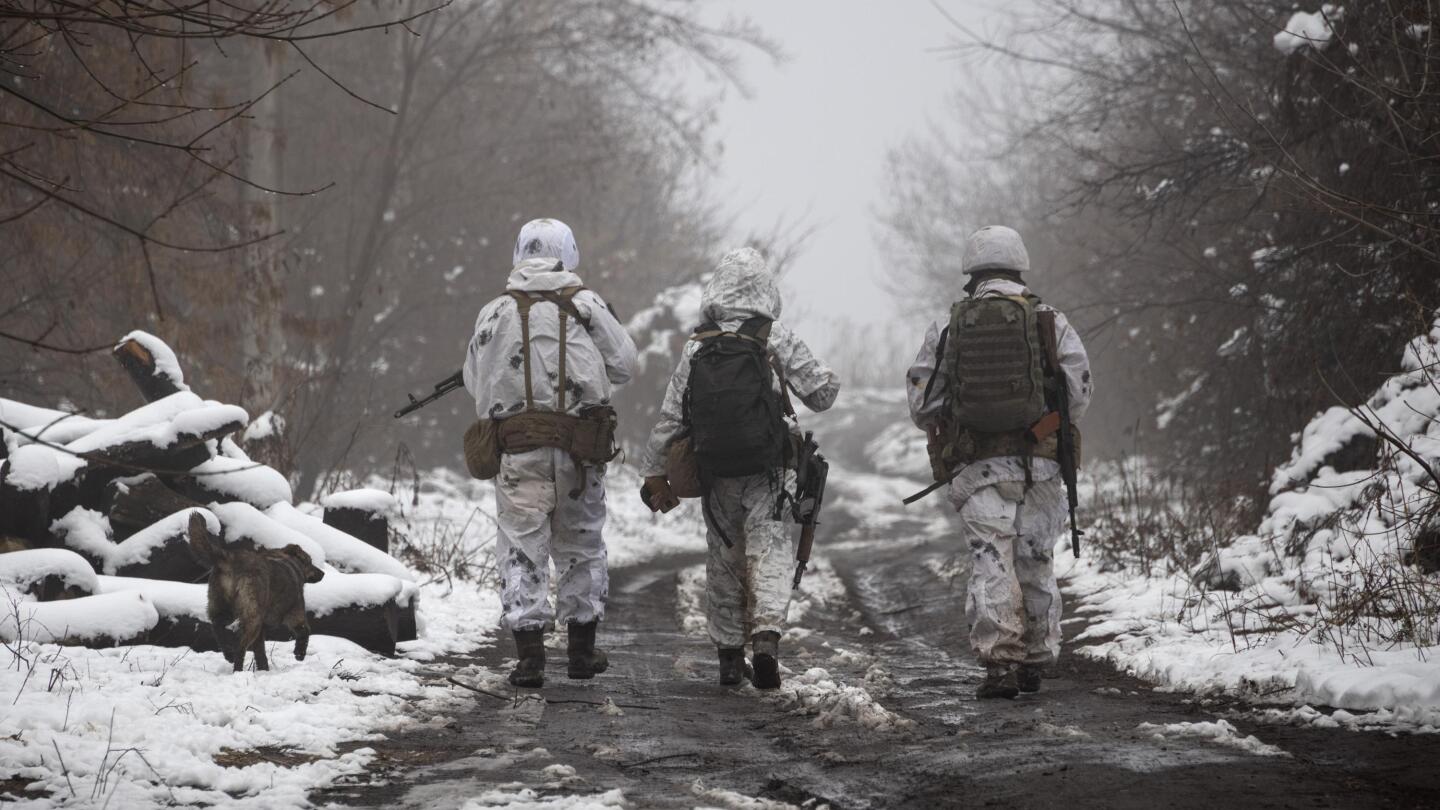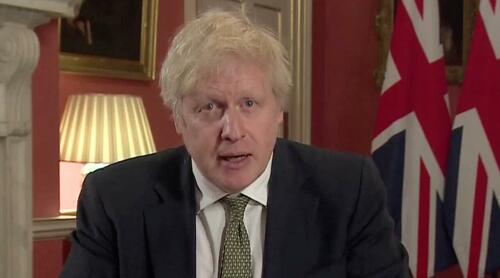Plain Jane
Just Plain Jane
December's thread:
 www.timebomb2000.com
www.timebomb2000.com
Russian troops on Ukraine's border beginning page 62:
 www.timebomb2000.com
www.timebomb2000.com
Regional Conflict in Mediterranean beginning page77:
 www.timebomb2000.com
www.timebomb2000.com
Main Coronavirus thread beginning page 1486:
 www.timebomb2000.com
www.timebomb2000.com
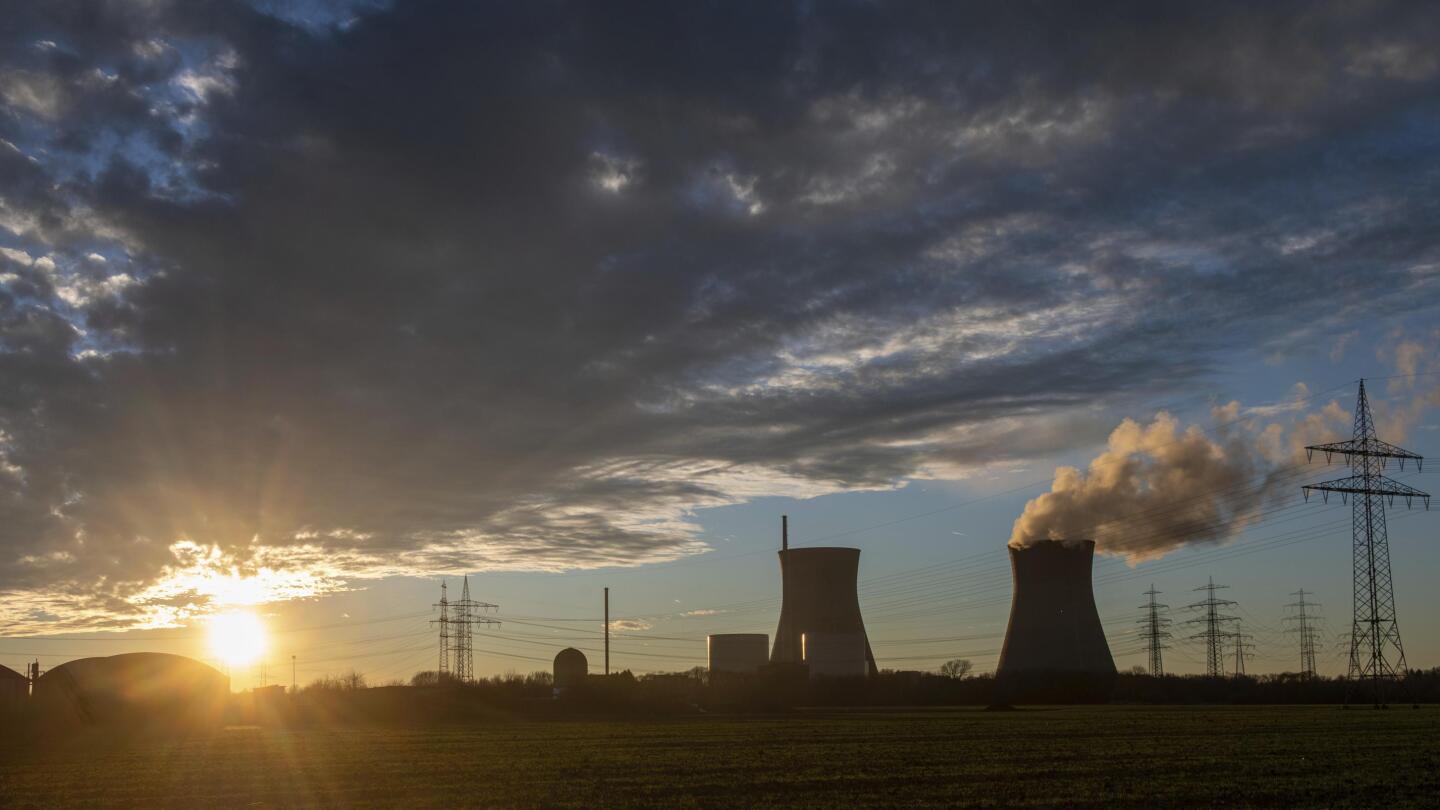
 apnews.com
apnews.com
Germany shuts down half of its 6 remaining nuclear plants
By FRANK JORDANSyesterday

1 of 7
Steam rises from the cooling tower of the nuclear power plant of Gundremmingen, Bavaria, Friday, Dec. 31, 2021. Bavaria's penultimate nuclear reactor will go offline today. (Stefan Puchner/dpa via AP)
BERLIN (AP) — Germany on Friday shut down half of the six nuclear plants it still has in operation, a year before the country draws the final curtain on its decades-long use of atomic power.
The decision to phase out nuclear power and shift from fossil fuels to renewable energy was first taken by the center-left government of Gerhard Schroeder in 2002. His successor, Angela Merkel, reversed her decision to extend the lifetime of Germany’s nuclear plants in the wake of the 2011 Fukushima disaster in Japan and set 2022 as the final deadline for shutting them down.
The three reactors now being shuttered were first powered up in the mid-1980s. Together they provided electricity to millions of German households for almost four decades.
One of the plants — Brokdorf, located 40 kilometers (25 miles) northwest of Hamburg on the Elbe River — became a particular focus of anti-nuclear protests that were fueled by the 1986 Chernobyl catastrophe in the Soviet Union.
The other two plants are Grohnde, 40 kilometers south of Hannover, and Gundremmingen, 80 kilometers (50 miles) west of Munich.
Some in Germany have called for the decision on ending the use of nuclear power to be reconsidered because the power plants already in operation produce relatively little carbon dioxide. Advocates of atomic energy argue that it can help Germany meet its climate targets for reducing greenhouse gas emissions.
China urges US to protect its space station from satellites | AP News
But the German government said this week that decommissioning all nuclear plants next year and then phasing out the use of coal by 2030 won’t affect the country’s energy security or its goal of making Europe’s biggest economy “climate neutral” by 2045.
“By massively increasing renewable energy and accelerating the expansion of the electricity grid we can show that this is possible in Germany,” Economy and Climate Minister Robert Habeck said.
Renewable energy sources delivered almost 46% of the electricity generated in Germany in 2021. Coal accounted for more than 51%, while nuclear power provided over 13%, according to the Fraunhofer Institute.
Several of Germany’s neighbors have already ended nuclear power or announced plans to do so, but others are sticking with the technology. This has prompted concerns of a nuclear rift in Europe, with France planning to build new reactors and Germany opting for natural gas as a “bridge” until enough renewable power is available, and both sides arguing their preferred source of energy be classed as sustainable.
Germany’s remaining three nuclear plants — Emsland, Isar and Neckarwestheim — will be powered down by the end of 2022.
While some jobs will be lost, utility company RWE said more than two-thirds of the 600 workers at its Gundremmingen nuclear power station will continue to be involved in post-shutdown operations through to the 2030s. Germany’s nuclear power companies will receive almost $3 billion for the early shutdown of their plants.
Environment Minister Steffi Lemke has dismissed suggestions that a new generation of nuclear power plants might prompt Germany to change course yet again.
“Nuclear power plants remain high-risk facilities that produce highly radioactive atomic waste,” she told the Funke media group this week.
A final decision has yet to be taken about where to store the most potent nuclear waste produced in German power plants. Experts say some material will remain dangerously radioactive for 35,000 generations.
___
Follow AP’s coverage of climate news at http://apnews.com/hub/climate
INTL - Europe: Politics, Economics, Military- December 2021
November's thread: https://www.timebomb2000.com/xf/index.php?threads/europe-politics-economics-military-november-2021.610077/ Regional Conflict in Mediterranean beginning page 76: https://timebomb2000.com/xf/index.php?threads/regional-conflict-brewing-in-the-mediterranean.565195/page-76 Main...
Russian troops on Ukraine's border beginning page 62:
ALERT - RUSSIA INVADES UKRAINE - Consolidated Thread
i just had a short talk with a univ kid friend. they are all talking about how many rifles they would need for an effective résistance movement. i have read estimates that there are 3 million or so illegal weapons in country, he was saying that the kids, from all over Ukraine, think they need...
Regional Conflict in Mediterranean beginning page77:
WAR - Regional conflict brewing in the Mediterranean
View: https://mobile.twitter.com/EndGameWW3/status/1471246145942953988
Main Coronavirus thread beginning page 1486:
CORONA - Main Coronavirus thread
https://thefederalist.com/2021/12/31/cdc-now-treats-unvaccinated-the-same-as-un-boosted-just-as-desantis-predicted/ CDC Now Treats Unvaccinated The Same As Un-Boosted, Just As DeSantis Predicted BY: SHAWN FLEETWOOD DECEMBER 31, 2021 IMAGE CREDITGAGE SKIDMORE/WIKIMEDIA COMMONS The CDC is...

Germany shuts down half of its 6 remaining nuclear plants
Germany has shut down half of the six nuclear plants it still has in operation. It comes a year before the country draws the final curtain on its decades-long use of atomic power.
Germany shuts down half of its 6 remaining nuclear plants
By FRANK JORDANSyesterday

1 of 7
Steam rises from the cooling tower of the nuclear power plant of Gundremmingen, Bavaria, Friday, Dec. 31, 2021. Bavaria's penultimate nuclear reactor will go offline today. (Stefan Puchner/dpa via AP)
BERLIN (AP) — Germany on Friday shut down half of the six nuclear plants it still has in operation, a year before the country draws the final curtain on its decades-long use of atomic power.
The decision to phase out nuclear power and shift from fossil fuels to renewable energy was first taken by the center-left government of Gerhard Schroeder in 2002. His successor, Angela Merkel, reversed her decision to extend the lifetime of Germany’s nuclear plants in the wake of the 2011 Fukushima disaster in Japan and set 2022 as the final deadline for shutting them down.
The three reactors now being shuttered were first powered up in the mid-1980s. Together they provided electricity to millions of German households for almost four decades.
One of the plants — Brokdorf, located 40 kilometers (25 miles) northwest of Hamburg on the Elbe River — became a particular focus of anti-nuclear protests that were fueled by the 1986 Chernobyl catastrophe in the Soviet Union.
The other two plants are Grohnde, 40 kilometers south of Hannover, and Gundremmingen, 80 kilometers (50 miles) west of Munich.
Some in Germany have called for the decision on ending the use of nuclear power to be reconsidered because the power plants already in operation produce relatively little carbon dioxide. Advocates of atomic energy argue that it can help Germany meet its climate targets for reducing greenhouse gas emissions.
China urges US to protect its space station from satellites | AP News
But the German government said this week that decommissioning all nuclear plants next year and then phasing out the use of coal by 2030 won’t affect the country’s energy security or its goal of making Europe’s biggest economy “climate neutral” by 2045.
“By massively increasing renewable energy and accelerating the expansion of the electricity grid we can show that this is possible in Germany,” Economy and Climate Minister Robert Habeck said.
Renewable energy sources delivered almost 46% of the electricity generated in Germany in 2021. Coal accounted for more than 51%, while nuclear power provided over 13%, according to the Fraunhofer Institute.
Several of Germany’s neighbors have already ended nuclear power or announced plans to do so, but others are sticking with the technology. This has prompted concerns of a nuclear rift in Europe, with France planning to build new reactors and Germany opting for natural gas as a “bridge” until enough renewable power is available, and both sides arguing their preferred source of energy be classed as sustainable.
Germany’s remaining three nuclear plants — Emsland, Isar and Neckarwestheim — will be powered down by the end of 2022.
While some jobs will be lost, utility company RWE said more than two-thirds of the 600 workers at its Gundremmingen nuclear power station will continue to be involved in post-shutdown operations through to the 2030s. Germany’s nuclear power companies will receive almost $3 billion for the early shutdown of their plants.
Environment Minister Steffi Lemke has dismissed suggestions that a new generation of nuclear power plants might prompt Germany to change course yet again.
“Nuclear power plants remain high-risk facilities that produce highly radioactive atomic waste,” she told the Funke media group this week.
A final decision has yet to be taken about where to store the most potent nuclear waste produced in German power plants. Experts say some material will remain dangerously radioactive for 35,000 generations.
___
Follow AP’s coverage of climate news at http://apnews.com/hub/climate
Last edited:

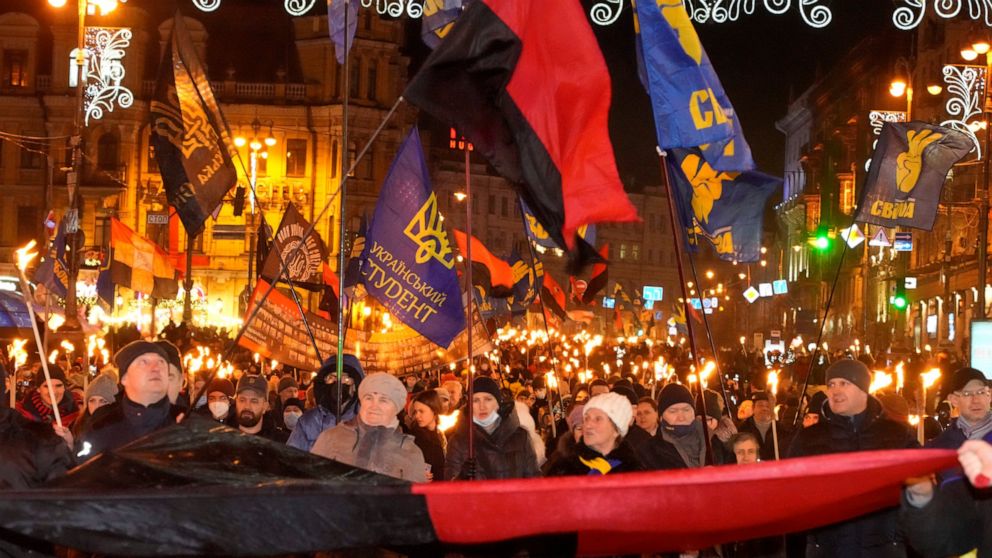
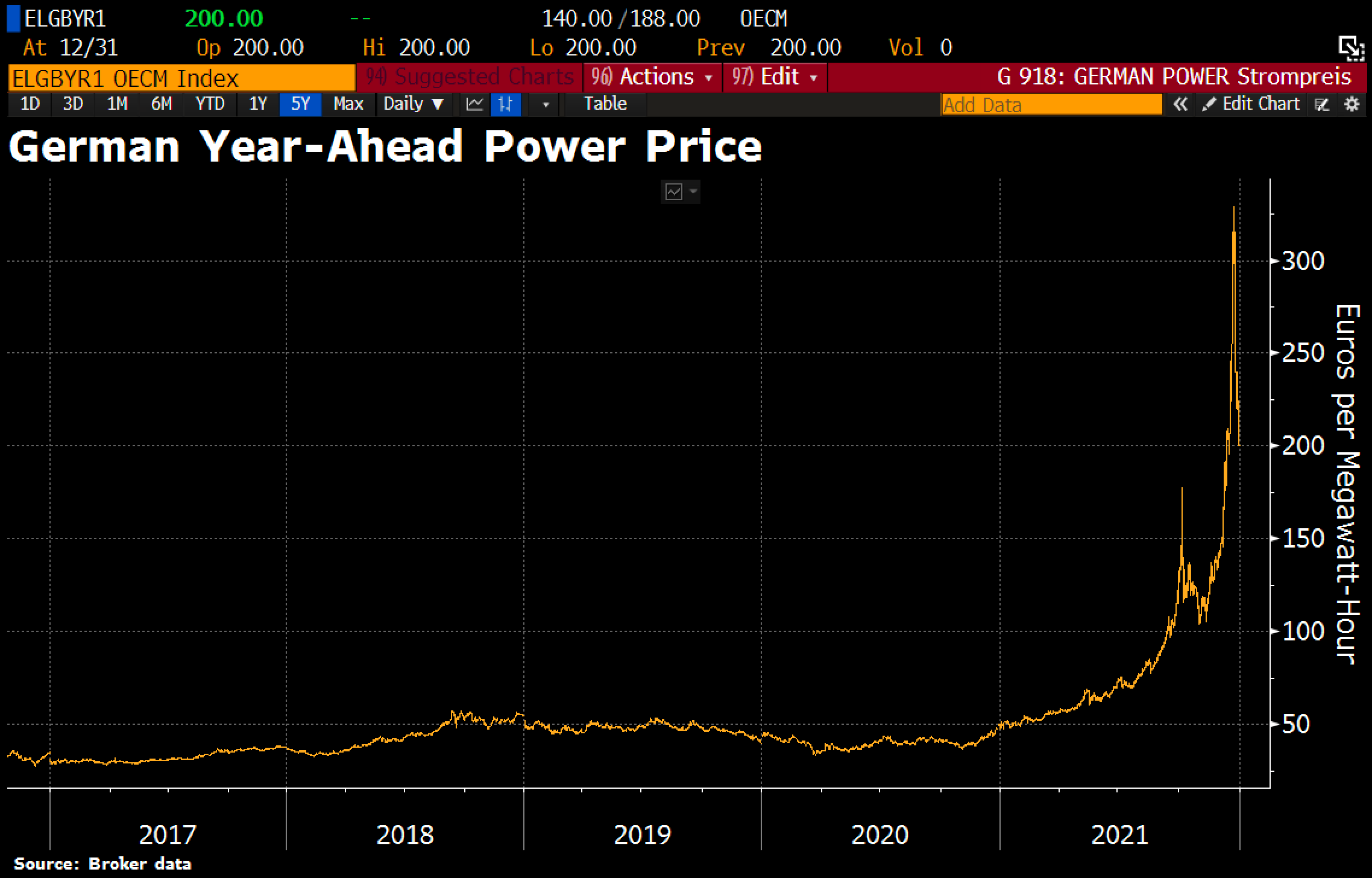





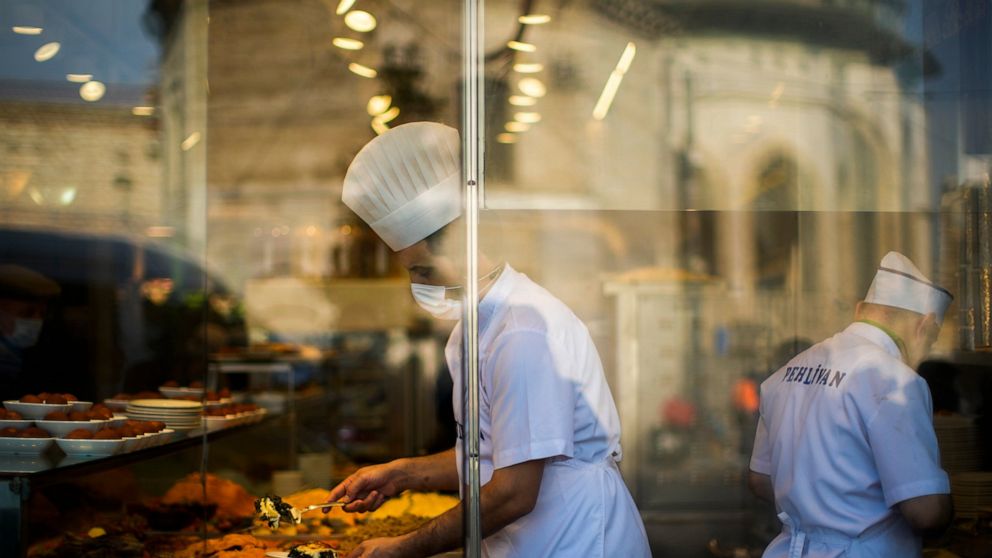


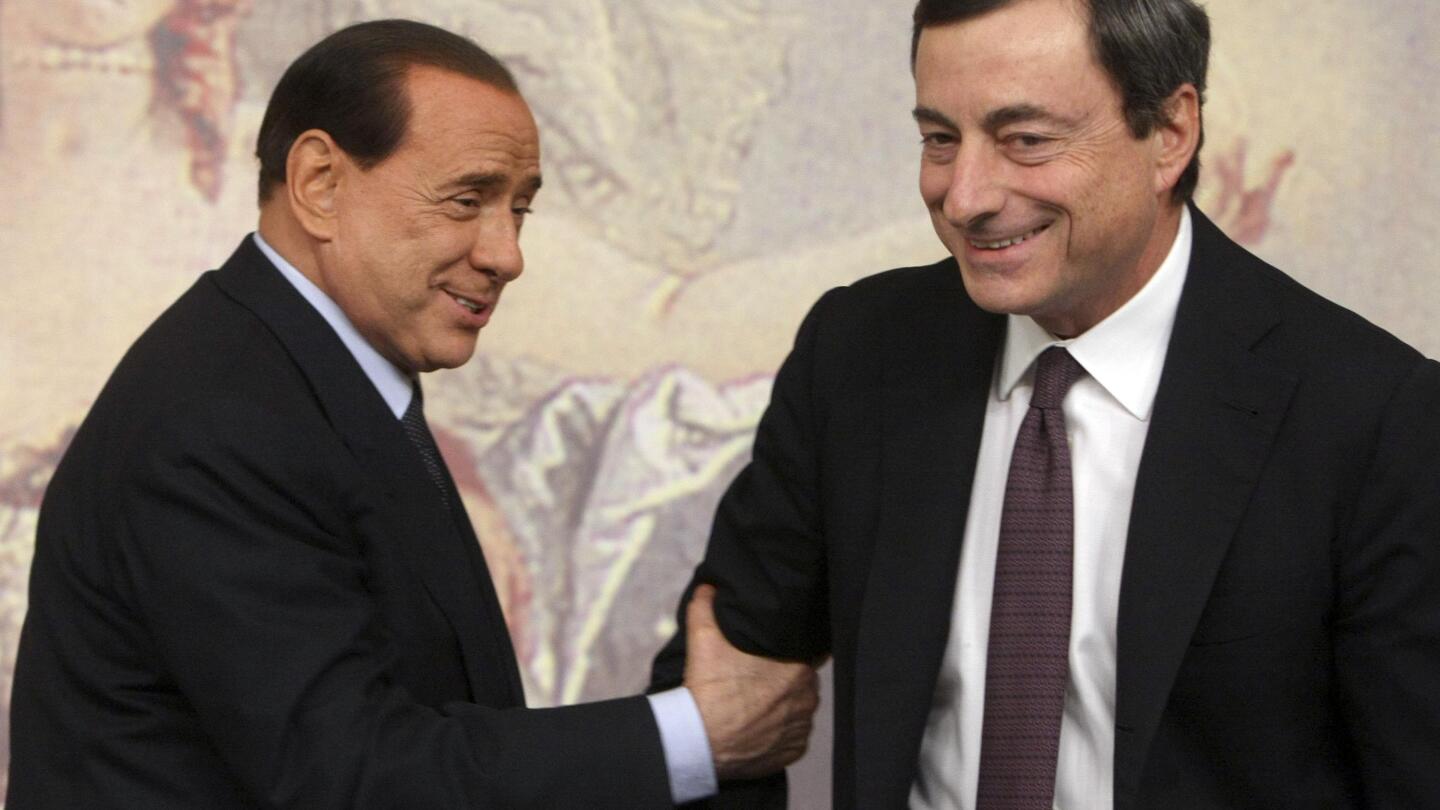

/cloudfront-us-east-2.images.arcpublishing.com/reuters/EUV3KPNMWZPW3ARVS54NLRPOKY.jpg)

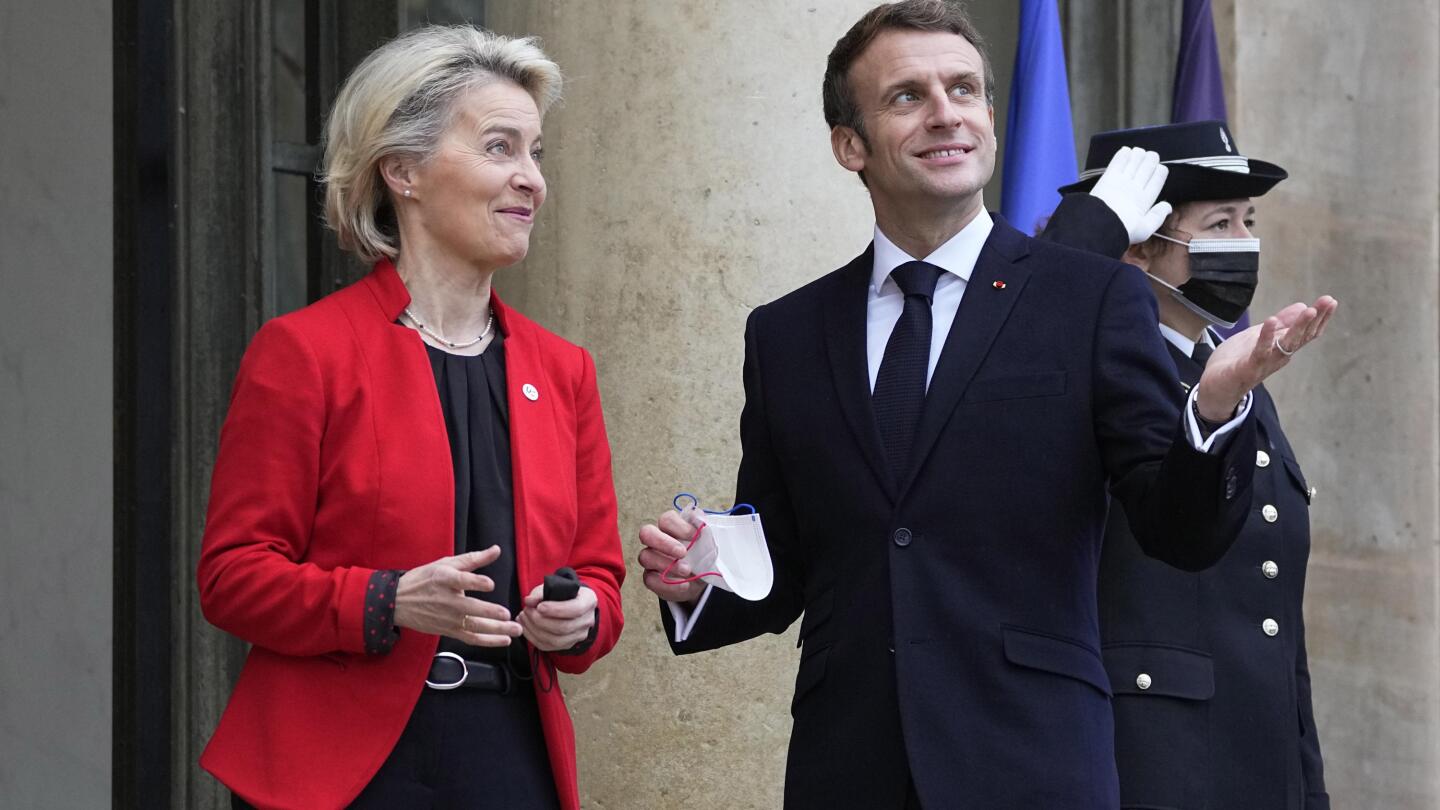

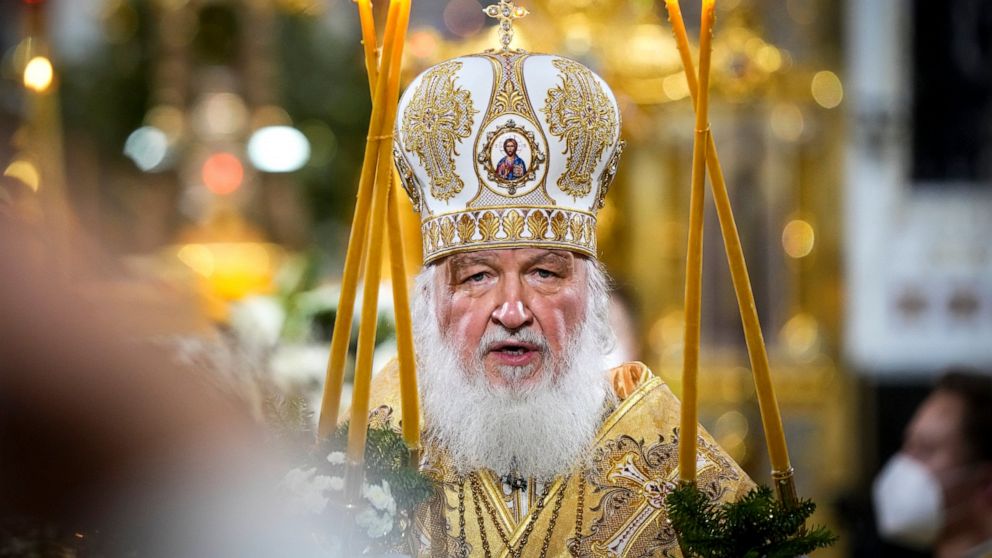


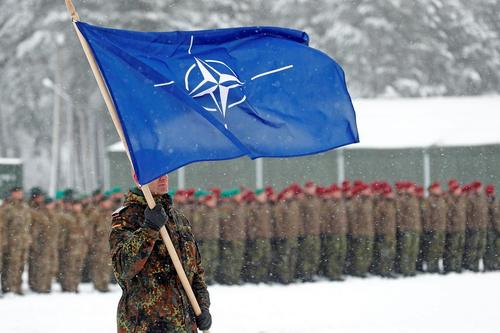 Image: NATO via Atlantic Council
Image: NATO via Atlantic Council









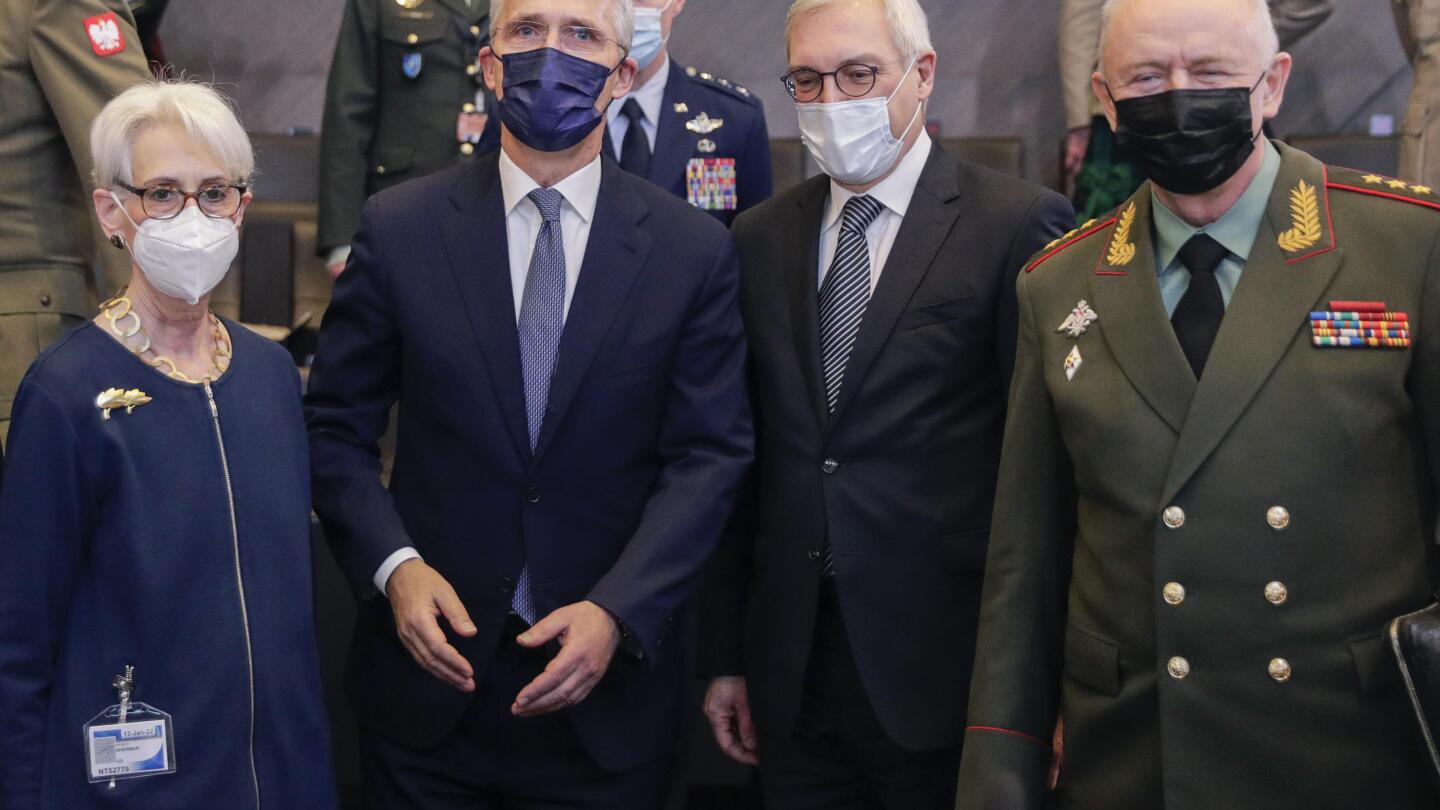

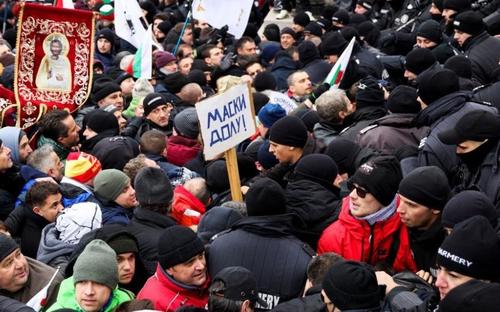
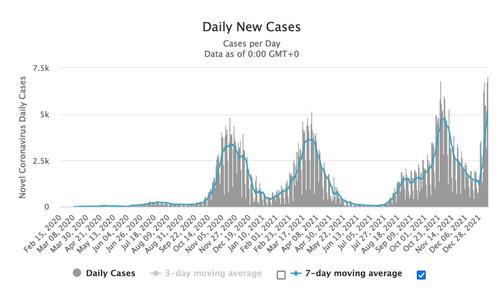
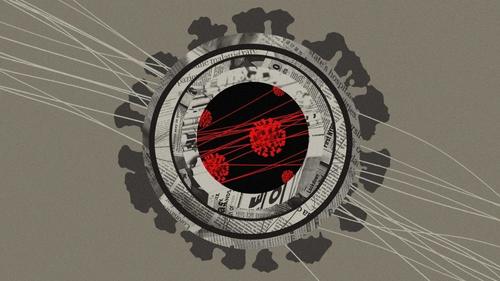 Ms Tech | CDC, Unsplash
Ms Tech | CDC, Unsplash





